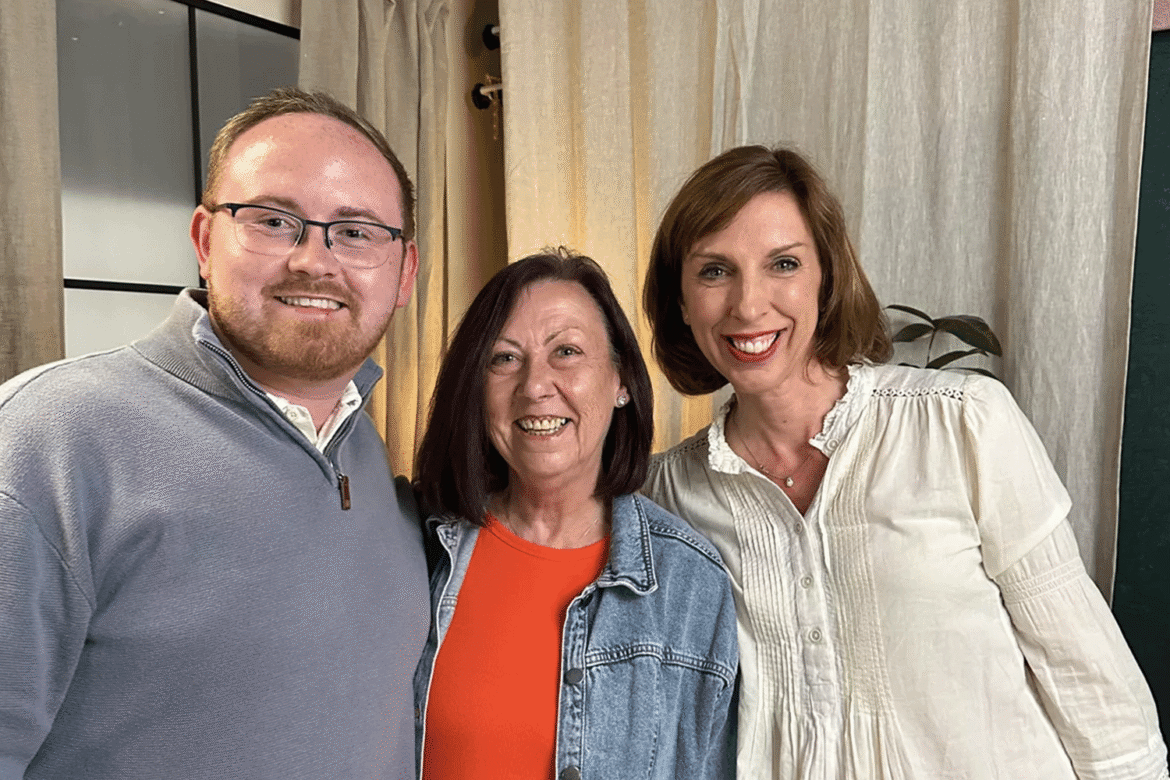Locked Up for Forgetfulness
At 56, Hayley was admitted to a psychiatric unit, diagnosed with dementia, and living in a distressing haze of paranoia, intense anxiety, and cognitive decline. But what felt like the end of her story was just a chapter—Hayley’s real condition? Menopause, not dementia.
Why Menopause Gets Misdiagnosed
Menopausal brain fog, memory lapses, confusion, and anxiety are real and common. Up to 60% of women in postmenopause report cognitive problems—forgetting names, losing train of thought, struggling to concentrate. This is called postmenopausal confusion, not dementia.
Because these symptoms overlap with cognitive disorders and psychiatric issues, misdiagnosis happens. Even functional cognitive disorder or pseudodementia—symptoms mimicking dementia from stress or hormonal shifts—can look eerily similar.
A Gendered Blind Spot
Medical studies show that women often face bias in diagnosis. Their symptoms—especially cognitive or emotional—may be dismissed, downgraded, or misattributed to mental illness. Menopause, fatigue, and brain fog get overlooked.
Andrea’s Breakthrough
In a tragic turn, Andrea Newton, also in her mid-50s, spent years battling anxiety and depression (diagnosed and medicated) before realizing her symptoms were hormonal. A single news segment on menopause changed everything. Within weeks of starting HRT, she felt like herself again—and now advocates for better awareness.
Similarly, Lauren Chiren, convinced she had early-onset dementia at 42, was diagnosed with menopause instead—and created programs to support other women going through the same confusion.
Why This Matters for Women Everywhere
-
Hormones reshape the brain. Estrogen loss affects cognition, mood, memory—and these changes can mimic aging or mental health issues.
-
Diagnosis can be reversible with treatment. Menopause symptoms can be dramatically relieved with HRT, lifestyle adjustments, and mental health support.
-
We need difference-aware medicine. Doctors must recognize gender-specific presentations and treat menopause as a medical—not optional—condition.
SundayFunday Takeaway
Menopause isn’t just hot flashes—it can look like dementia, depression, or psychosis. And for far too long, these women have been misunderstood. But when the right diagnosis is made, the difference is life-changing—not just for the patient, but for how we frame women’s health.
Would you like a social media teaser to support this piece? One suggestion:
“Not dementia—just menopause. When Hayley was hospitalized at 56, it wasn’t what she expected. Read her story and why we urgently need better awareness. #SundayFundayExclusive”
Last Updated on 6 months ago by %Sunday funday%
